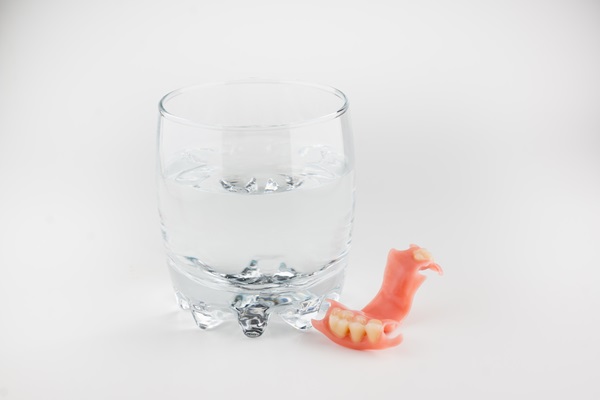Cosmetic Dentistry and Dental Bonding

If you have always wanted a “Hollywood smile,” you may be interested in the cosmetic benefits of dental bonding. Dental bonding is a cosmetic dentistry process by which tooth-colored resin is directly applied to existing teeth, often radically altering the appearance of each tooth.
What Can Dental Bonding Do for You?
Dental bonding creates a new, bonded layer or resin attached to your existing teeth. It differs from veneers in that veneers are a separate surface attached to your teeth, whereas dental bonding is achieved through a directly applied composite. Through dental bonding, you can:
Close spaces between teeth
Whether your teeth are currently too small or there are uneven spaces between teeth, the bonded resin can close these gaps to create a more consistent appearance.
Repair chipped or cracked teeth
Not only does dental bonding improve the appearance of chipped or cracked teeth, it also protects the tooth from further damage.
Lengthen, broaden, or otherwise shape teeth
Dental bonding can help to completely alter the appearance of your teeth.
Change the color of your teeth
Stained, discolored teeth can be covered up through the use of brighter, whiter bonding materials.
Cover up fillings
Rather than having a visible amalgam filling, bonding can be used to cover the tooth and filling material.
Protect the tooth’s root
If a tooth’s root has been exposed due to gum recession or injury, dental bonding can be used to protect it.
Essentially, dental bonding is a cosmetic process that is designed to alter the appearance of and cover existing teeth, with the potential to make substantial adjustments in size, shape, and color.
What Are the Advantages and Disadvantages of Dental Bonding?
Dental bonding is a simple procedure that offers dramatic results. For many, dental bonding is an economical and fast way to substantially correct or repair the shape of teeth. For discoloration and staining, dental bonding can produce results that are not possible to achieve through bleaching alone.
Dental bonding is less invasive and requires the replacement of less overall tooth material than veneers or crowns. The more tooth material is preserved, the less likely you are to have issues with that tooth in the years to come. At the same time, dental bonding may not last as long as other cosmetic dentistry options such as veneers and crowns.
Over time, dental bonding can stain just like natural teeth, which may require replacement of the bonding material. Dental bonding composites are also more likely to get chipped or otherwise damaged as the material is softer. On the other hand, bonding composites are also more affordable than the other, more durable options.
Contact us for more information
For those who want a fast, affordable, and non-invasive cosmetic dentistry procedure, dental bonding is an excellent option. However, there are other alternatives that also need to be considered, such as professional tooth whitening and veneers. A cosmetic dentist can go over options with you, in addition to showing you examples of what your teeth will look like after each procedure.
Request an appointment in our Delaware dentist office here: https://www.sexton-dental.com.
Recent Posts
Many patients are nervous before a dental bonding procedure, although the procedure itself is non-invasive, only takes one dental visit and does not require any anesthesia. You can prepare yourself mentally and physically for the procedure, however, by knowing what to expect, how to prepare and what to plan for after the procedure. The following details…
Dental bonding has long been a common method of tooth restoration. Your dentist has the knowledge and training to successfully perform this procedure. The dentist will also know when it is appropriate to use bonding to repair a tooth or other oral health or cosmetic issue. There are certain situations where this makes more sense…
Dental bonding is an affordable and cost-effective dental restoration procedure for people who have structurally damaged teeth. The procedure is popular among adults because it is relatively painless and can be finished in one or two dental appointments. Therefore, dental bonding is non-invasive and can be used for both children and adults. Dental bonding options…
Dental bonding involves applying a tooth-colored resin to the tooth, repairing a broken, cracked or damaged tooth. Dental bonding is a common procedure that we perform on a regular basis for our patients.Dental BondingAt Sexton Dental in Delaware, we work to customize your treatment to match your needs and schedule where possible. Our professional staff…


